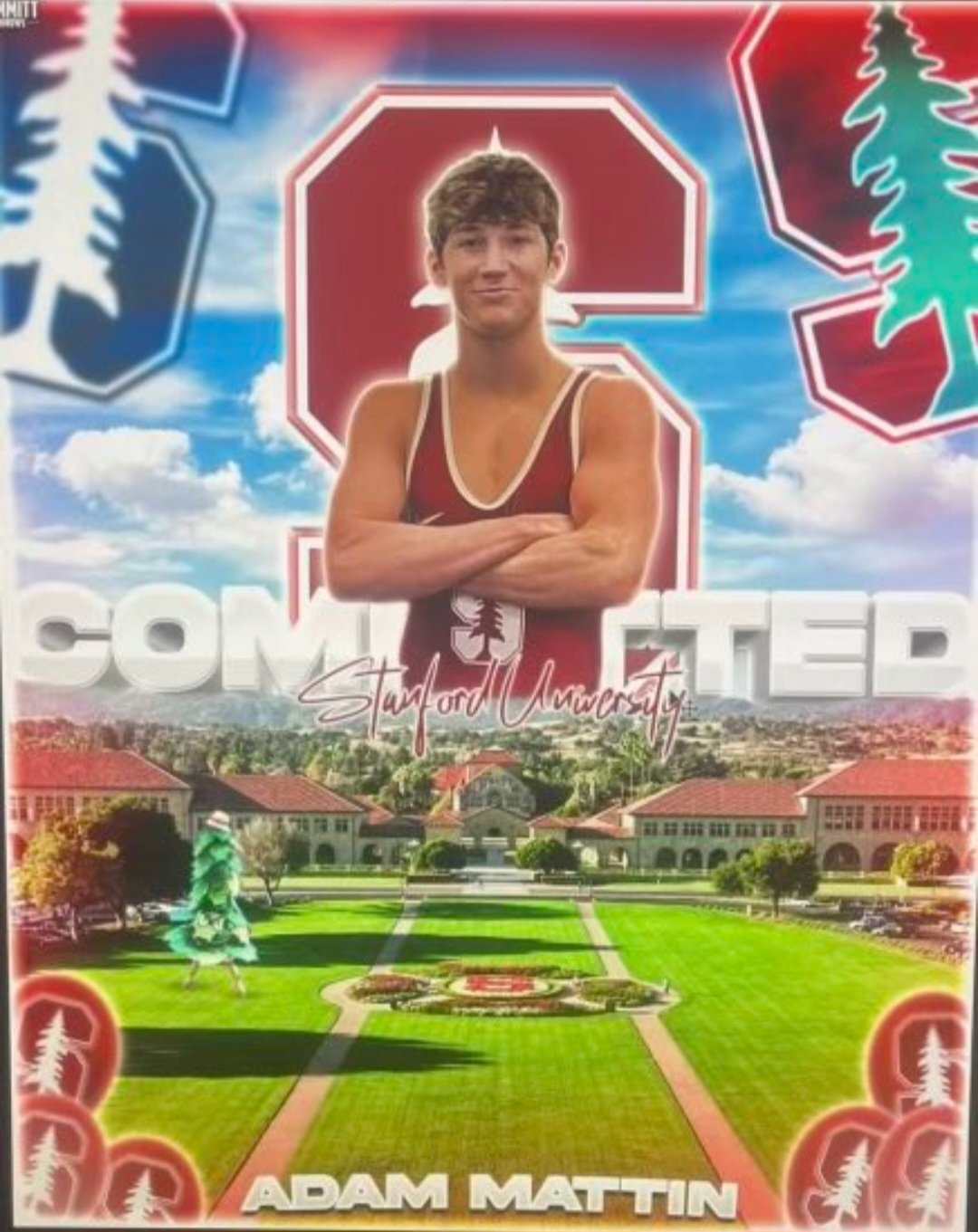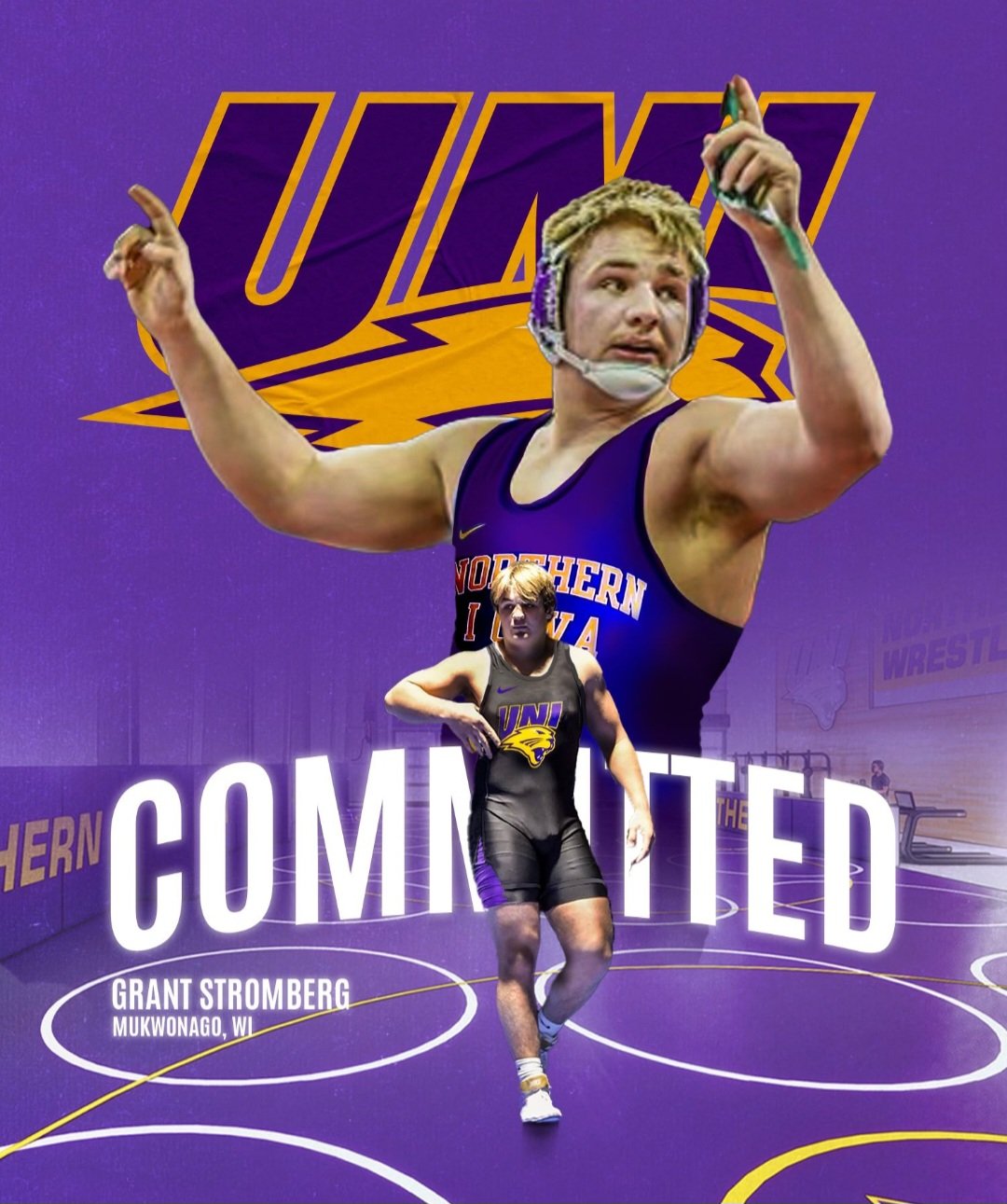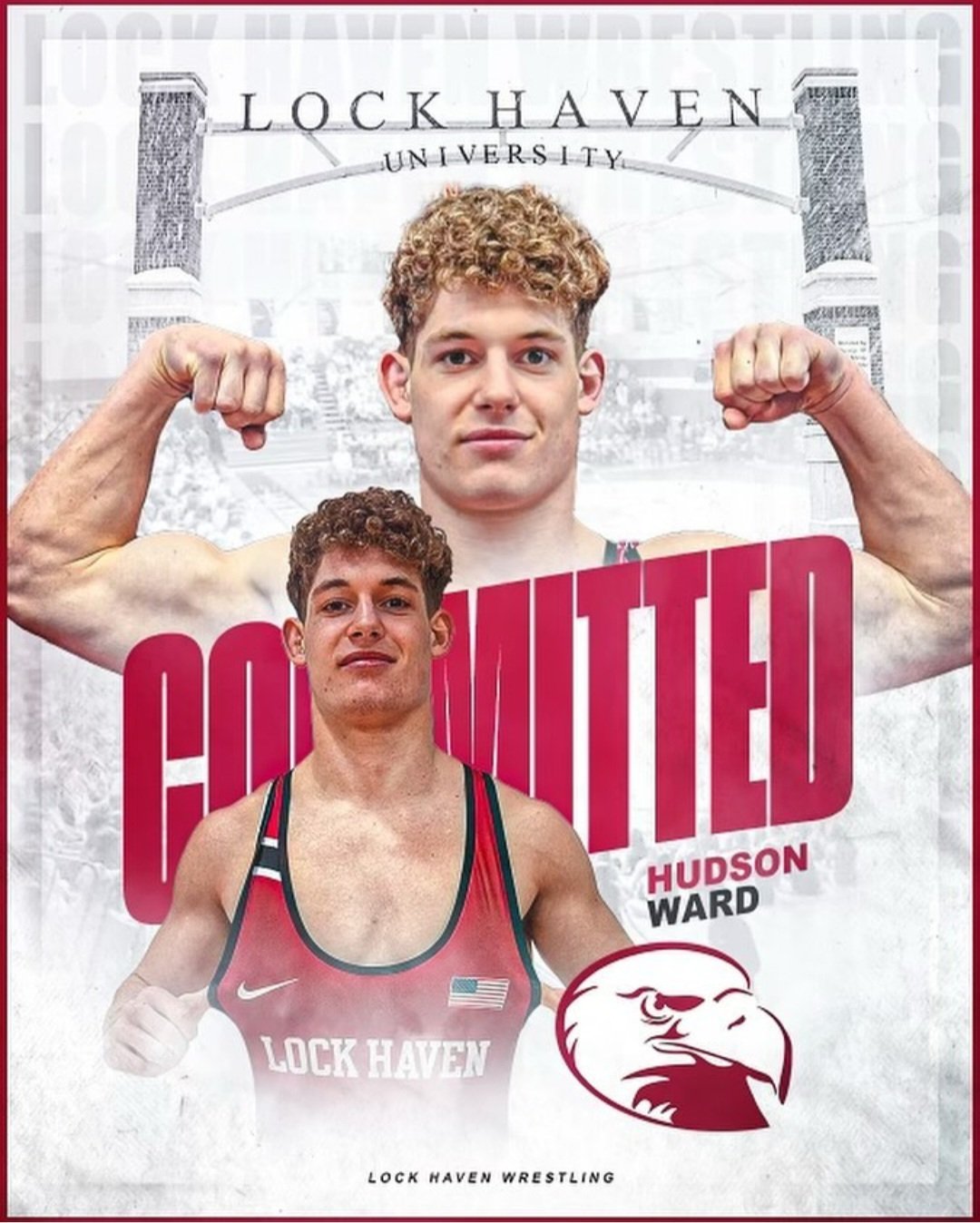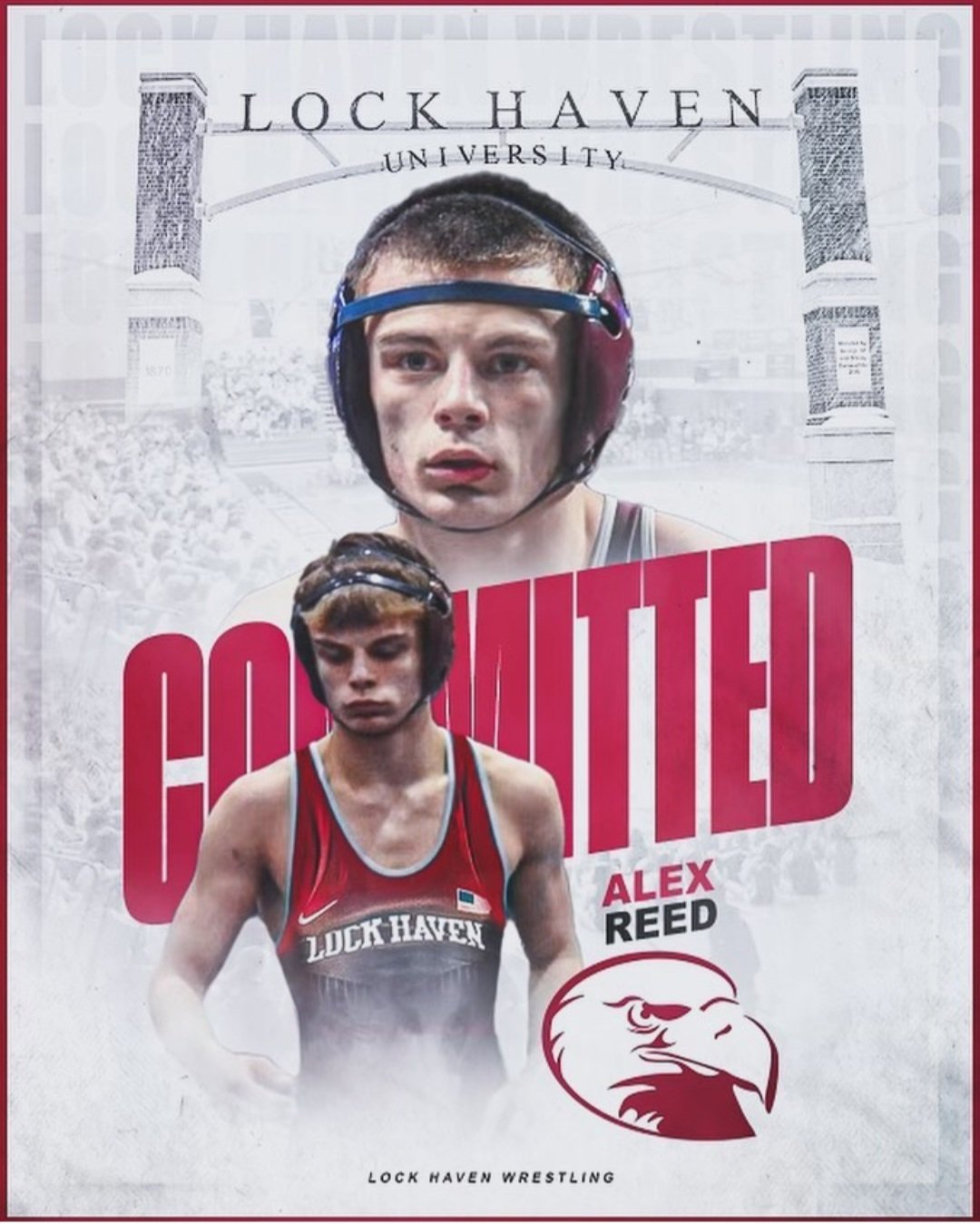-
Playwire Ad Area
-
Playwire Ad Area
-
Playwire Ad Area
-
Latest Rankings
-
Updated
-
Updated
-
Updated
-
Updated
-
-
College Commitments
Grant Stromberg
Mukwonago, Wisconsin
Class of 2024
Committed to Northern Iowa
Projected Weight: 285
Hudson Ward
Canton, Pennsylvania
Class of 2024
Committed to Lock Haven
Projected Weight: 165
Alex Reed
Shikellamy, Pennsylvania
Class of 2024
Committed to Lock Haven
Projected Weight: 125
Darren Florance
Harpursville, New York
Class of 2024
Committed to Lock Haven
Projected Weight: 125
-
Playwire Ad Area







Recommended Posts
Create an account or sign in to comment
You need to be a member in order to leave a comment
Create an account
Sign up for a new account in our community. It's easy!
Register a new accountSign in
Already have an account? Sign in here.
Sign In Now